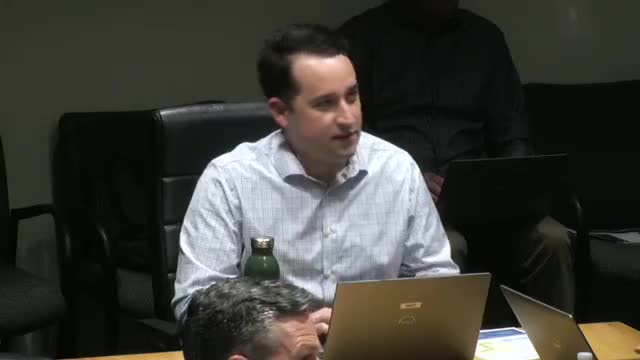Article not found
This article is no longer available. But don't worry—we've gathered other articles that discuss the same topic.
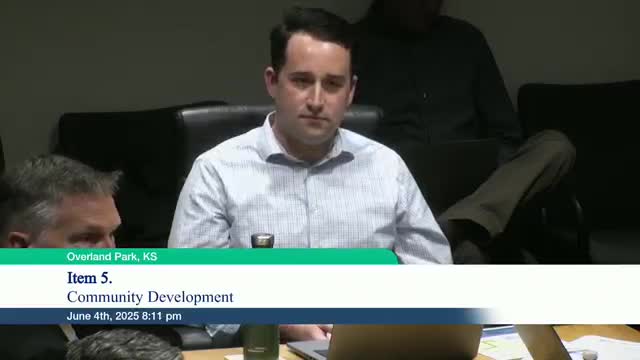
Neighborhood Conservation Program and NEC report: staff cites growing engagement and data-driven targeting
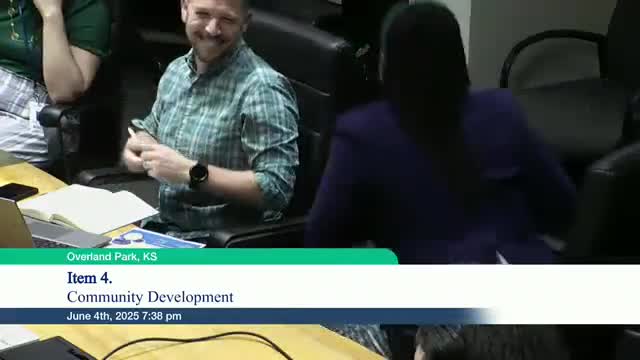
Committee hears staff report on EV and solar permitting incentives; councilors ask for more data
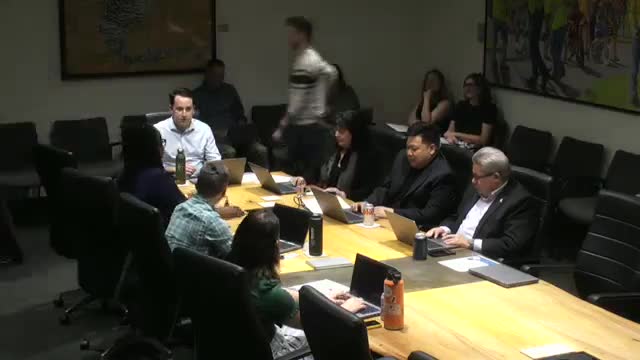
Regional Child Care Exchange pitched to Overland Park committee as public–private funding approach
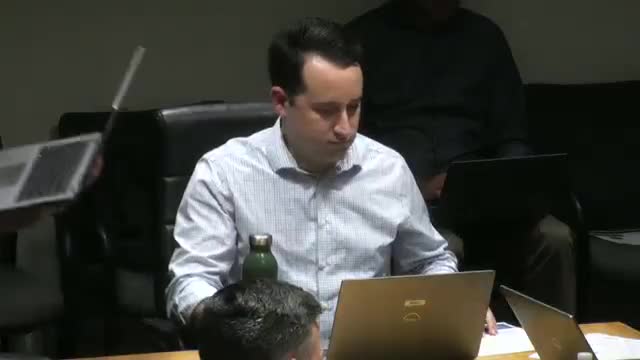
Overland Park Teen Council wraps 12th year with service projects, learning sessions and national conference trip
